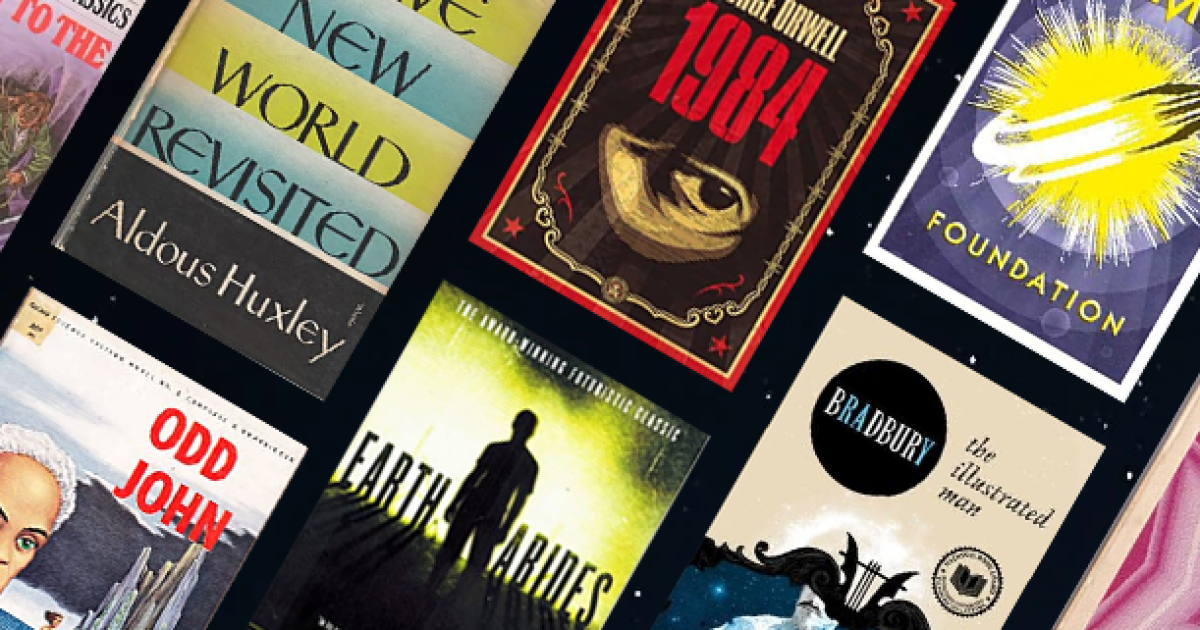In today’s rapidly changing world, understanding financial literacy is more important than ever. With so many resources available, knowing where to start can be overwhelming. Fortunately, there are numerous books for financial literacy that can provide valuable knowledge and insights. In this guide, we’ll explore some of the best books to help you become financially savvy.

Why Financial Literacy Matters
Financial literacy is the ability to understand and effectively use various financial skills, including personal financial management, budgeting, and investing. It empowers individuals to make informed decisions about their finances, leading to better financial stability and success. Without financial literacy, individuals may struggle with debt, insufficient savings, and poor investment choices.
The Impact of Financial Education
Research has shown that individuals who are financially literate are more likely to save money, invest wisely, and manage their debts effectively. They are also better equipped to navigate economic challenges and take advantage of financial opportunities. As such, investing in your financial education by reading books for financial literacy is a crucial step towards achieving financial independence.
Top Books for Financial Literacy
There are countless books on financial literacy, but some stand out due to their practical advice, engaging writing style, and proven impact on readers. Here are a few must-reads:
1. ‘Rich Dad Poor Dad’ by Robert T. Kiyosaki
This classic book is a staple in the world of personal finance. It contrasts the financial philosophies of the author’s ‘rich dad’ and ‘poor dad,’ providing readers with valuable lessons on building wealth, investing, and understanding money.
2. ‘The Total Money Makeover’ by Dave Ramsey
Dave Ramsey’s book offers a straightforward, no-nonsense approach to personal finance. It outlines a step-by-step plan to pay off debt, save money, and build wealth, making it an excellent resource for those looking to take control of their financial future.
3. ‘The Millionaire Next Door’ by Thomas J. Stanley and William D. Danko
This book dispels common myths about wealth and reveals the habits and traits of America’s wealthy individuals. It emphasizes the importance of frugality, smart investing, and living below your means.
4. ‘Your Money or Your Life’ by Vicki Robin and Joe Dominguez
This transformative book encourages readers to rethink their relationship with money and align their spending with their values. It offers practical steps to achieve financial independence and a more fulfilling life.
5. ‘The Little Book of Common Sense Investing’ by John C. Bogle
Written by the founder of Vanguard Group, this book promotes the benefits of low-cost index investing. It provides readers with a clear and concise guide to building wealth through smart investment strategies.
Building a Strong Financial Foundation
While reading books for financial literacy is a great start, building a strong financial foundation requires action. Here are some tips to help you apply what you’ve learned:
Create a Budget
A budget is a fundamental tool for managing your finances. It helps you track your income and expenses, identify areas for improvement, and ensure you’re living within your means.
Save for Emergencies
Having an emergency fund is crucial for financial stability. Aim to save at least three to six months’ worth of living expenses to cover unexpected costs, such as medical bills or car repairs.
Invest Wisely
Investing is key to growing your wealth over time. Start by educating yourself on different investment options, such as stocks, bonds, and real estate, and consider working with a financial advisor to develop a strategy that aligns with your goals.
Continuing Your Financial Education
Financial literacy is an ongoing journey. As you continue to learn and grow, consider exploring other resources, such as online courses, podcasts, and financial blogs. Websites like Pan Macmillan offer curated lists of must-read books that can further enhance your knowledge.
Joining Financial Communities
Connecting with like-minded individuals can provide support and motivation on your financial journey. Consider joining online forums or local groups focused on personal finance and investing.
Seeking Professional Guidance
If you’re unsure where to start or how to implement what you’ve learned, consider seeking advice from a certified financial planner. They can help you develop a personalized financial plan tailored to your needs.
Conclusion
Investing time in reading books for financial literacy is a valuable step towards building wealth and achieving financial independence. By understanding key financial concepts, creating a budget, and investing wisely, you can take control of your financial future and enjoy a more secure and fulfilling life.

FAQ
What are the benefits of financial literacy?
Financial literacy helps individuals make informed decisions, manage their finances effectively, and achieve financial stability. It can lead to better savings, investments, and overall financial health.
How can I improve my financial literacy?
Start by reading books for financial literacy, attending workshops, and utilizing online resources. Consider working with a financial advisor for personalized guidance.
Are there online resources for financial education?
Yes, there are numerous online resources, including blogs, podcasts, and courses. Websites like BuzzFeed offer lists of recommended books and resources to enhance your financial knowledge.
This article contains affiliate links. We may earn a commission at no extra cost to you.







